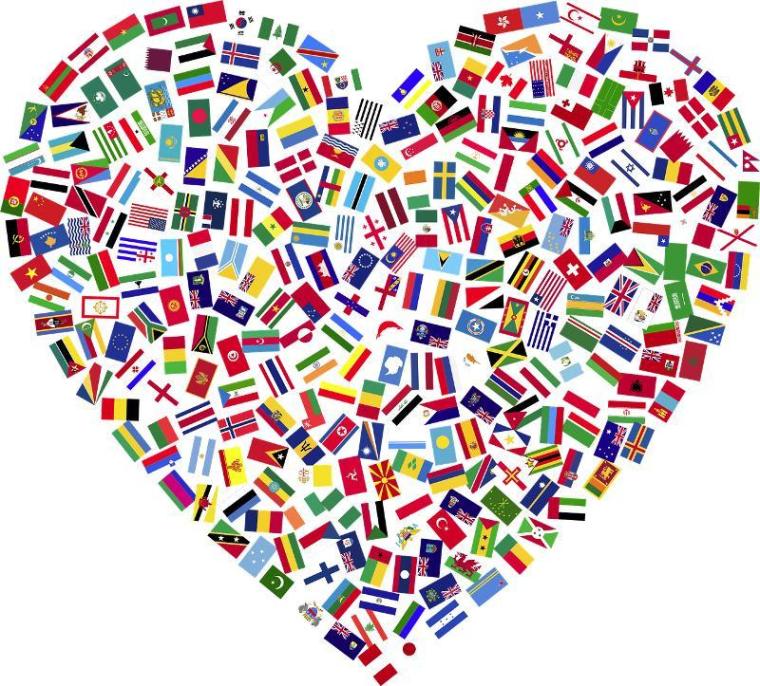
If there is only one way, Jesus, to salvation, why are there so many denominations? Fair question. The diversity (and, sadly, hostility) between denominations is a peculiarity for a religion that claims to have only one way to God.
Initially, it would feel as though the church has failed by being so divided. The question begs though, is there a limit? If there were only two denominations in the world, would that suffice to satisfy people or would there have to be only one denomination for people to be convinced of the church’s success?
The holy catholic church – where unity truly matters
Denominations can form for any number of reasons: geography, time in history, disagreement on church government, administration of communion, baptism, Bible translations, (insert minor issues here).
And sometimes there are significant reasons why denominations matter: the Trinity, the deity of Christ, Jesus being the only way, the truth of the Second Coming, (insert major issues here).
Throughout history, Christians have paid well to consider what these major issues are, and what they are not, in the forms of creeds and confessions. One such early creed, The Apostles’ Creed, speaks of the ‘holy catholic church’, noting:
“I believe in the Holy Spirit,
The holy catholic church,
The communion of saints,
The forgiveness of sins,
The resurrection of the body,
And the life everlasting. Amen”
What is spoken of here is a unity which spans denominations. ‘catholic’ here refers not to the Roman Catholic church but to the universal body of Christ in all believers. What unites these believers is not denominational differences, but the core truths of the faith.
If you read the earlier parts of the Creed, you see a picture of what these core truths are, namely: God as Father, Almighty, and Creator, Jesus the only Son, conceived of the Holy Spirit, born of the Virgin Mary, suffered, crucified, buried, and raised, and is now seated at the right hand to return again.
In 1 Corinthians chapter 15, Paul speaks of these truths, reminding the Corinthian church of what is foremost as important. This is where the church is united, that though denominational issues divide us, we are bound together in these core truths foundational to the Christian faith.
The temptation to arrogance
The danger in denominations is also what draws us closer to Christ. For where we see someone else err in a doctrine we disagree with, we then find ourselves turned in the other direction in search of truth.
This reflexive behaviour affords us the opportunity to examine our own denominations to ensure that, if we believe someone else has erred in their own views, that we do not err in ours.
Naturally, when we think someone else is wrong, this leaves temptation for us to become arrogant. The Bible also speaks of the need to gently encourage one another if we feel someone has erred in their beliefs.
Sometimes, we may come to an agreement on an issue once disagreed upon, but the challenge remains when Christians continue to disagree on an issue of minor importance that is not core to the Christian faith.
The beauty of this rests in the truth of what Jesus taught His disciples in the face of a watching world.
Your love for one another
Shortly after He had washed His disciples’ feet and spoke of His betrayal, Jesus then declared to His disciples in John, chapter 13, verse 35, Jesus says, “By this all people will know that you are my disciples, if you have love for one another.”
This was His new commandment to His followers. How hard it is for us to obey this when we disagree on minor theological issues (minor in comparison to the core truths of the Christian faith).
The question we must then ask ourselves is whether it is more important that we agree on every single issue, or that we love one another despite our disagreements on issues that are not core to the faith?

Hailing from North Auckland, Blake Gardiner sounds American, looks Swedish, but grew up in Laos. As an introvert, Blake lives life on the edge by socialising. When he isn’t putting his life at such risk, he enjoys reading theology and debating whether Interstellar is truly the greatest movie of all time. Blake is married to fellow young writer Jessica Gardiner.